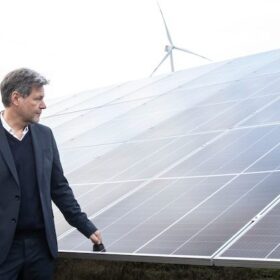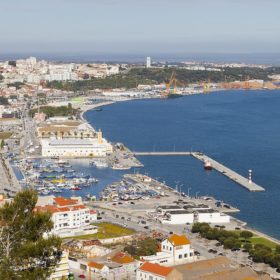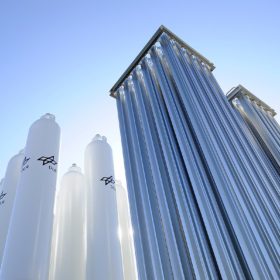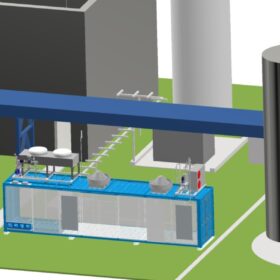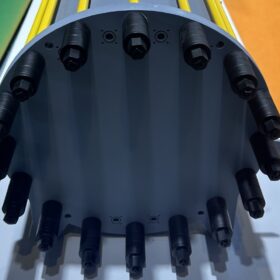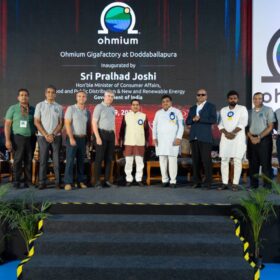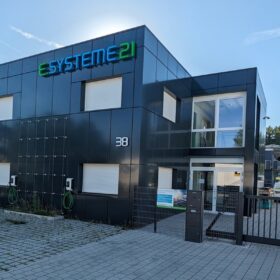The Hydrogen Stream: German government adopts import strategy to create investment security
A new hydrogen import strategy is expected to make Germany better prepared for increasing demand in the medium and long term. The Netherlands, meanwhile, saw its hydrogen market grow considerably across supply and demand between October and April.
Portugal launches first auction for green biomethane and hydrogen
The government will auction up to 127 GWh/year of hydrogen with a maximum price of €127/MWh, and up to 150 GWh/year of biomethane with a maximum price of €62/MWh.
Spanish researchers develop materials to obtain hydrogen from water via microwave radiation
The developed process allows green hydrogen to be obtained from renewable electrical energy due to the design and use of materials that have redox properties and that respond to microwave radiation.
Fraunhofer IEG building new sector coupling test facility to increase electrolyzer, heat pump efficiencies
The city of Zittau has now granted the building permit for the test facility, which is to be constructed by the beginning of next year. The aim is to develop cost-effective electrolyzers for the production of green hydrogen, in which the by-products oxygen and heat can be optimally used.
The Hydrogen Stream: New way to make hydrogen, fertilizer from ammonia
German researchers have developed a new way to liberate hydrogen from ammonia, while a new MIT study shows the need for stringent emissions regulations on ammonia combustion for maritime mobility.
Ohmium opens second electrolyzer gigafactory in India
Ohmium has started operating a second electrolyzer gigafactory in India. The 2 GW facility near Bengaluru is expandable to 4 GW. It will produce polymer electrolyte membrane (PEM) electrolyzers to meet rising demand for green hydrogen.
The Hydrogen Stream: Europe could miss 2030 hydrogen targets
The European Court of Auditors says the European Union will likely fail to achieve its 2030 renewable hydrogen goals, while the US Department of Energy and Arches have agreed to build a $12.6 billion hydrogen hub in California.
The Hydrogen Stream: Germany grants €4.6 billion to 23 green H2 projects
The German government has granted €4.6 billion ($5 billion) for 23 green hydrogen projects, while BP has revealed separate plans to develop a 100 MW green hydrogen installation in Germany.
The Hydrogen Stream: Poland unveils hydrogen strategy
The Polish government has outlined its main objectives for the development of hydrogen, while Tyczka Hydrogen says a damaged compressor from Maximator Hydrogen caused a recent incident at one of its filling stations in Germany.
German firm hits energy independence with solar, batteries, hydrogen
Esysteme21 has built a 100% self-sufficient energy system with photovoltaics, hydrogen and battery storage. The German solar company describes the concept as a solution for medium-sized enterprises.
